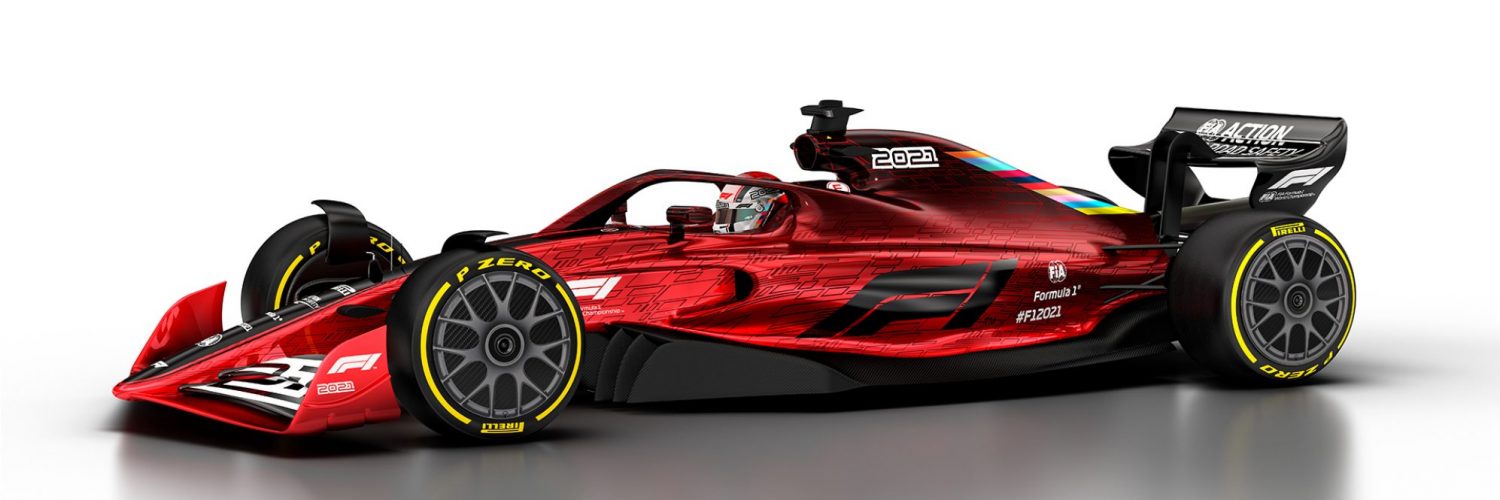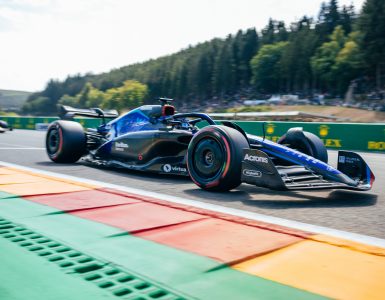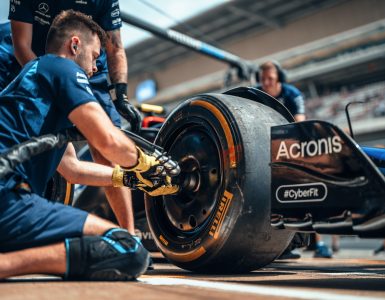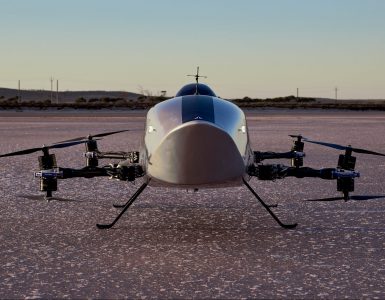Formula One has revealed its new sporting and technical regulations that will shape the future of the sport from the 2021 season and beyond.
The new regulations, released on the eve of the US Grand Prix weekend in Austin, Texas, are primarily focused at providing closer wheel-to-wheel racing to entertain fans of the sport for years to come, with a budget cap aimed at narrowing the gap between the front of the grid and those at the back.
For the first time in F1 history, financial rules will be enshrined in the new regulations
This is how the cost cap will work#F12021 pic.twitter.com/GY0WPdkH85
— Formula 1 (@F1) October 31, 2019
The new budget cap has been set at $175 million and, importantly, the technical regulations seeks to make the new machines less aerodynamically complicated and further aid overtaking by reducing the effect of ‘dirty air’ compromising a following car.
As a result, the 2021 cars will have less downforce and be a significant 25kg heavier. Controversially, perhaps, for the fastest series in motorsport, this could amount to a loss of around three seconds a lap from the current lap times, putting the overall performance back to that of 2016.
An entirely new aerodynamic set-up is coming to F1 in 2021
It's the first time in history that F1 cars have specifically been designed with a chasing car in mind#F12021 pic.twitter.com/jNYvbr2e44
— Formula 1 (@F1) October 31, 2019
Newly crowned constructors’ champions Mercedes, and chief rivals Ferrari and Red Bull have openly opposed the new rules but FIA President and former Ferrari boss Jean Todt has hailed the move as an important one for the future of the sport.
“It is a major change in how the pinnacle of motor sports will be run, and for the first time, we have addressed the technical, sporting and financial aspects all at once,” Todt is quoted in the official FIA and Formula 1 press release.
“The 2021 regulations have been a truly collaborative effort, and I believe this to be a great achievement. A crucial element for the FIA moving forward will be the environmental considerations – Formula 1 already has the most efficient engines in the world, and we will continue to work on new technologies and fuels to push these boundaries further. What the FIA publishes today is the best framework we could possibly have to benefit competitors and stakeholders, while ensuring an exciting future for our sport.”
Aside from budget and aerodynamics, the other major change focuses on the tyres, with Pirelli now given the task of making the rubber less heat sensitive and more durable from the outset. It will make tyre strategy less of a key factor in deciding the outcome of a race.
At first glance, the new cars certainly look striking and have a very futuristic look about them, receiving many positive remarks from fans on social media. Conversely, there are the purists of the sport who will argue that F1, as the pinnacle of motorsport, should always be about pushing the boundaries towards lighter machines, greater speed and technical advancement.
Say hello to the future of F1
The countdown to 2021 starts now…#F12021 pic.twitter.com/zpBznBzpyx
— Formula 1 (@F1) October 31, 2019
“The approval of the rules by the World Motorsport Council is a watershed moment and will help deliver more exciting wheel to wheel racing for all our fans,” added Chase Carey, Chairman and CEO, Formula 1® “The new rules have emerged from a detailed two year process of examining technical, sporting, and financial issues in order to develop a package of regulations.
“We made many changes during the process as we received input by the teams and other stakeholders and we firmly believe we achieved the goals we had set out to deliver. These regulations are an important and major step, however, this is an ongoing process and we will continue to improve these regulations and take further steps to enable our sport to grow and achieve its full potential.”
The regulations laid out from the FIA and Formula 1® press release in brief:
From 2021 onwards Formula 1 will have:
- cars that are better able to battle on the track;
- a more balanced competition on the track;
- a sport where success is determined more by how well a team spends its money not how much it spends – including, for the first time, a fully enforceable cost cap (175M$ per season) in the FIA rules;
- a sport that is a better business for those participating more sustainable business for those participating; and
- a sport that continues to be the world’s premier motor racing competition and the perfect showcase of cutting edge technology.
Check out some of the major differences on the 2021 car…#F12021 pic.twitter.com/zL2kmSPTqa
— ROKiT WILLIAMS RACING (@WilliamsRacing) October 31, 2019




